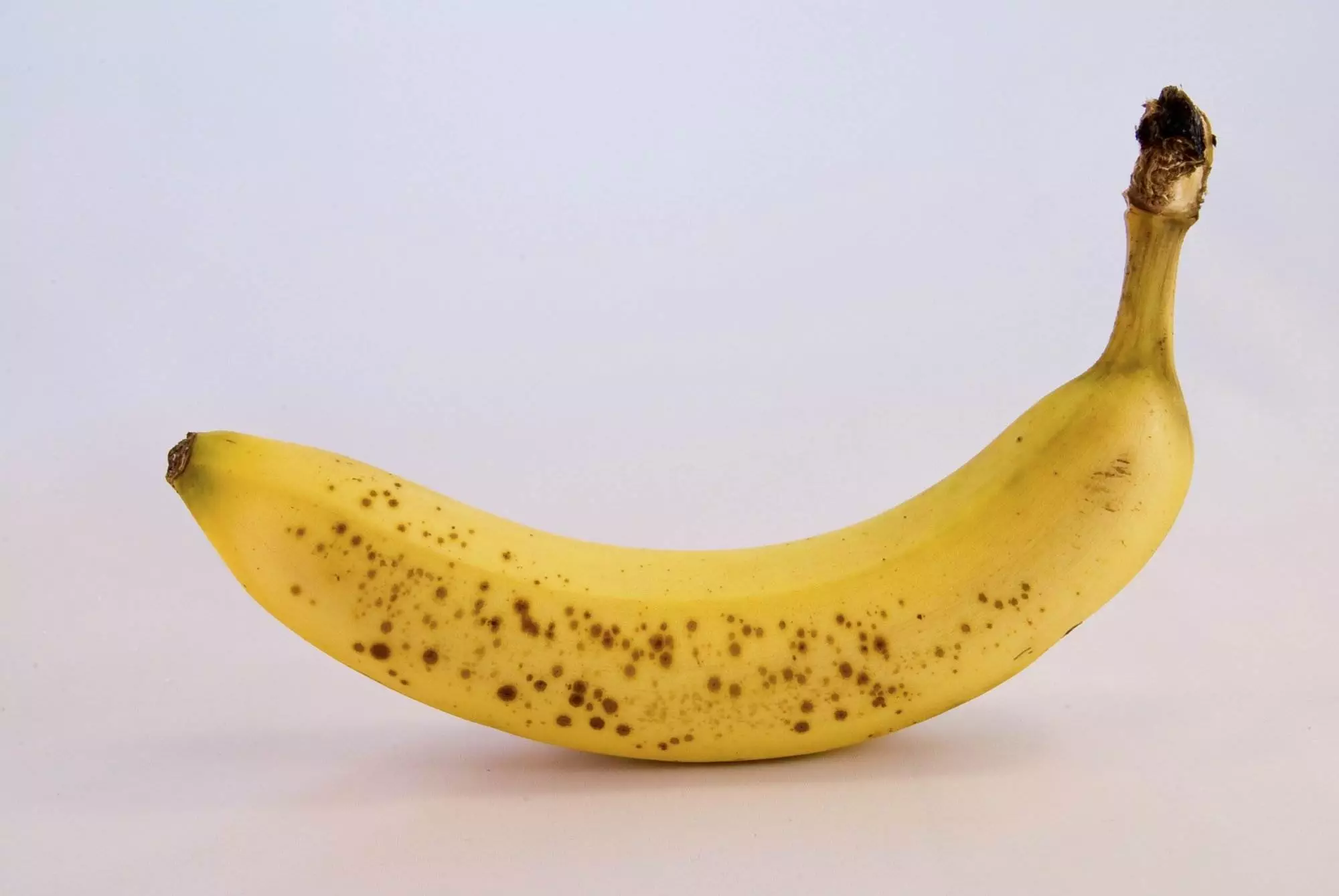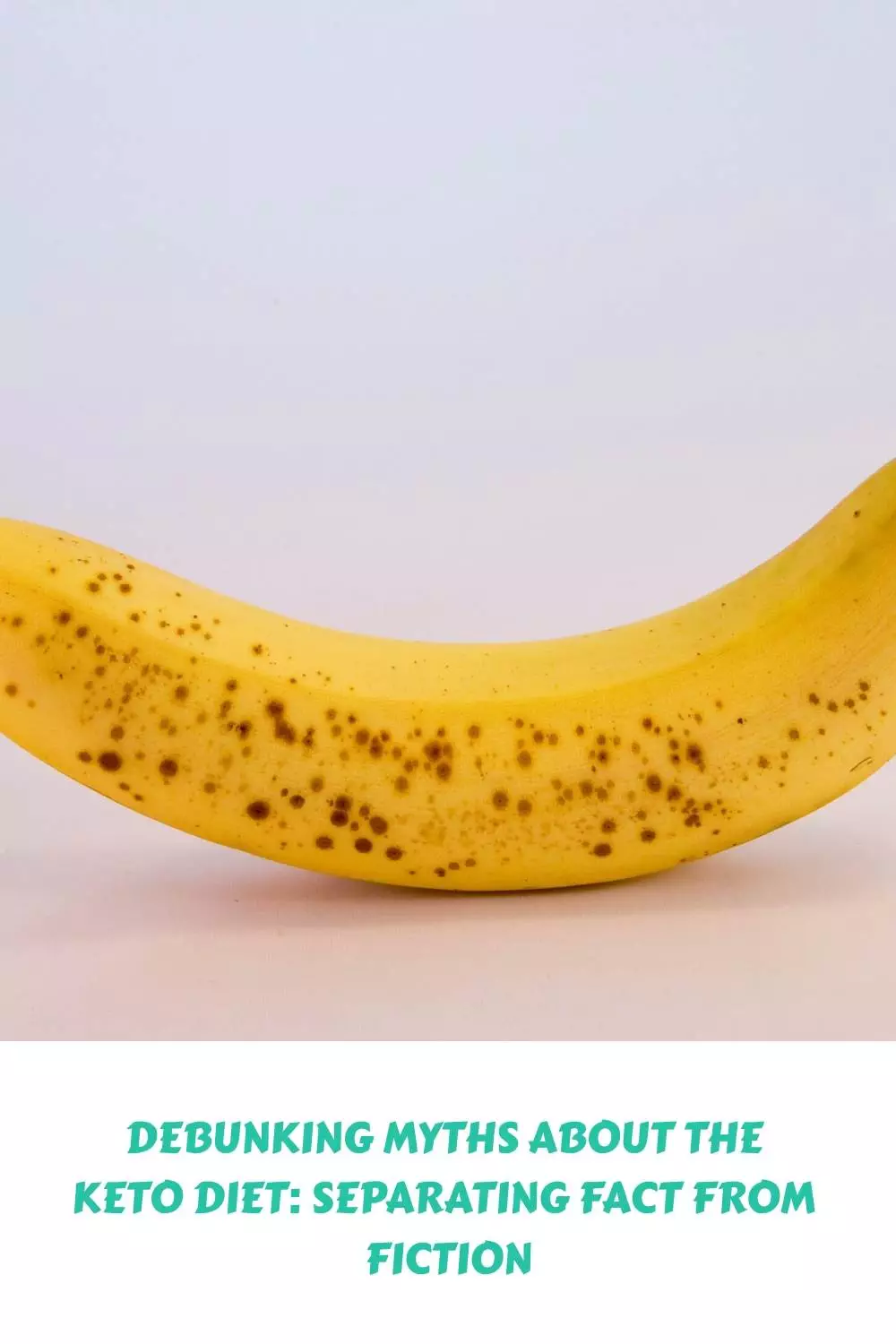
Debunking Myths about the Keto Diet: Separating Fact from Fiction
Benefits of the Keto Diet Beyond Weight LossWhile that has been gaining traction in recent years. It involves reducing carbohydrate intake and increasing fat consumption to help your body enter ketosis, which is when it burns stored fats for energy instead of glucose. While there are many benefits associated with this diet, there are also several myths surrounding it. In this article, we will debunk some common misconceptions about the keto diet and provide you with the facts you need to know.
Introduction to the Keto Diet
The keto diet was originally developed as a treatment for epilepsy in children who did not respond well to medication. However, over time, it has become a popular weight loss tool, as well as a way to improve overall health and wellbeing. The basic principles of the keto diet involve limiting carbs to less than 50 grams per day, while consuming moderate amounts of protein and high amounts of healthy fats. This helps to shift your metabolism away from relying on glucose for fuel and towards burning stored body fat.

Common Myths About the Keto Diet Debunked
Myth #1: The keto diet is dangerous and can cause kidney damage.
Fact: There is no evidence to suggest that the keto diet causes kidney damage or other serious health problems. In fact, studies have shown that the keto diet can actually be beneficial for people with type 2 diabetes and other chronic conditions. As long as you follow a Balanced and nutritious keto diet and stay hydrated, there is no reason why the keto diet should pose any significant risks to your health.
Myth #2: You can’t eat any fruit or vegetables on the keto diet.
Fact: While the keto diet does restrict certain types of carbs, such as grains and sugary foods, you can still consume plenty of fruits and vegetables. In fact, these foods are an important source of vitamins, minerals, and fiber, so they should be included in your diet whenever possible. Just make sure to choose low-glycemic options like leafy greens, berries, and cruciferous veggies.
Myth #3: The keto diet is too expensive.
Fact: While the keto diet may require you to buy some specialty items, such as grass-fed meat and organic produce, it doesn’t have to break the bank. In fact, you can save money by planning meals ahead of time, buying in bulk, and cooking at home rather than eating out. Plus, once you get into ketosis, you may find that you don’t need to eat as much food overall, which can further reduce your grocery bill.
The Science Behind the Keto Diet
At its core, the keto diet works because it changes the way your body uses energy. By depriving your cells of glucose, your body is forced to turn to alternative sources of fuel, namely stored body fat. When your body breaks down fat, it produces molecules called ketones, which can cross the blood-brain barrier and serve as an efficient source of energy for your brain. Additionally, the keto diet has been shown to lower insulin levels, which can help reduce inflammation throughout the body and promote weight loss.
Benefits of the Keto Diet Beyond Weight Loss
While the keto diet is often used as a weight loss tool, it has also been linked to numerous other health benefits. For example, studies have shown that the keto diet can improve cognitive function, reduce symptoms of depression and anxiety, and even treat certain medical conditions such as epilepsy and cancer. Additionally, the keto diet has been shown to increase satiety, helping you feel fuller for longer periods of time, which can lead to reduced calorie intake and improved weight management.
Conclusion: Is the Keto Diet Right for You?
Ultimately, whether or not the keto diet is right for you depends on your individual needs and goals. If you are looking to lose weight quickly and efficiently, then the keto diet may be a good option for you. However, if you have specific health concerns or dietary restrictions, it’s always best to consult with a qualified healthcare professional before making any major changes to your diet.

